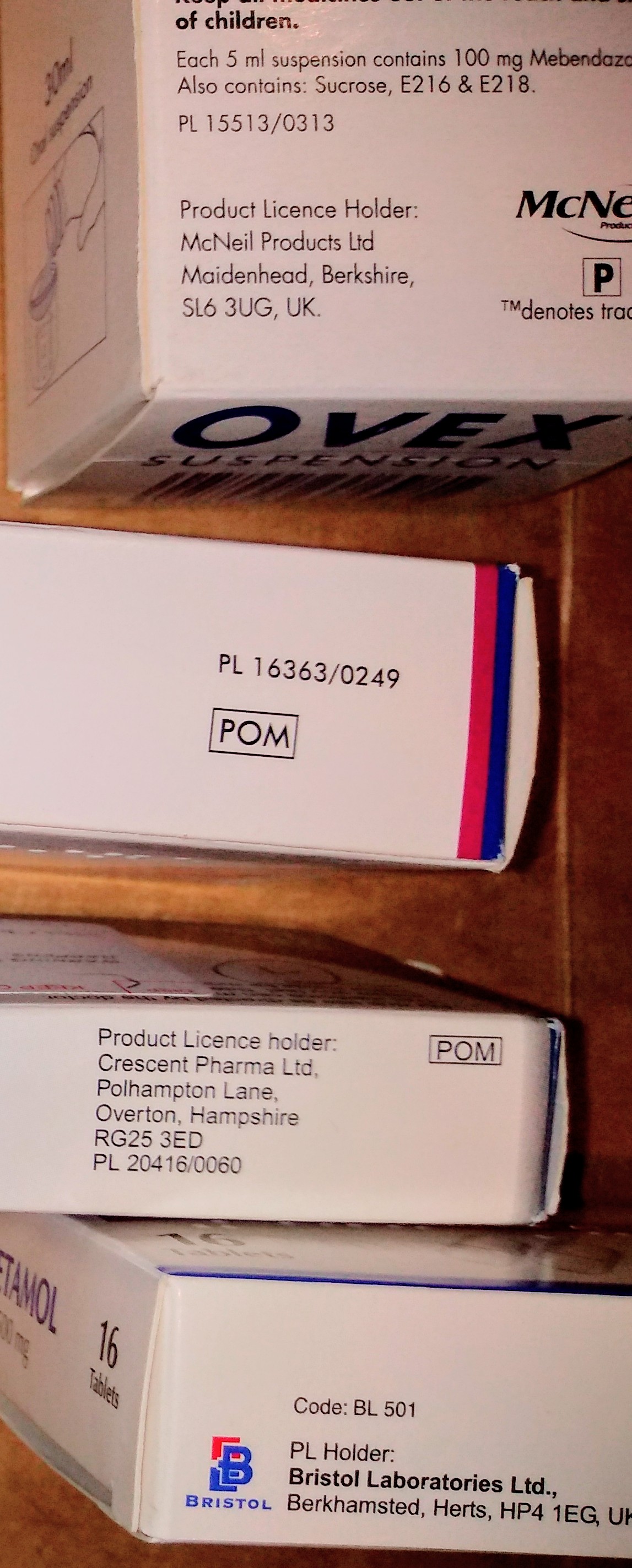|
Retiree Drug Subsidy
The Retiree Drug Subsidy Program is a program offered by the Centers for Medicare & Medicaid Services (CMS) to reimburse health plan sponsors (municipalities, unions and private employers) for a portion of their eligible expenses for retiree prescription drug benefits. This enables Plan Sponsors to continue providing drug coverage to their Medicare-eligible retirees at a lower cost. Benefits of the RDS Program for participating Plan Sponsors include:RDS User Guide', Centers for Medicare and Medicaid Services, Version 17, May 11, 2013 * A Federal subsidy equal to 28-percent Qualifying Covered Retiree's costs for prescription drugs otherwise covered by Medicare Part D Medicare Part D, also called the Medicare prescription drug benefit, is an optional United States federal-government program to help Medicare beneficiaries pay for self-administered prescription drugs. Part D was enacted as part of the Medica ... that are attributable to such drug costs between the applicable Cos ... [...More Info...] [...Related Items...] OR: [Wikipedia] [Google] [Baidu] |
Centers For Medicare & Medicaid Services
The Centers for Medicare & Medicaid Services (CMS), is a federal agency within the United States Department of Health and Human Services (HHS) that administers the Medicare program and works in partnership with state governments to administer Medicaid, the Children's Health Insurance Program (CHIP), and health insurance portability standards. In addition to these programs, CMS has other responsibilities, including the administrative simplification standards from the Health Insurance Portability and Accountability Act of 1996 (HIPAA), quality standards in long-term care facilities (more commonly referred to as nursing homes) through its survey and certification process, clinical laboratory quality standards under the Clinical Laboratory Improvement Amendments, and oversight of HealthCare.gov. CMS was previously known as the Health Care Financing Administration (HCFA) until 2001. CMS actively inspects and reports on every nursing home in the United States. This includes maintaini ... [...More Info...] [...Related Items...] OR: [Wikipedia] [Google] [Baidu] |
Health Insurance In The United States
Health insurance in the United States is any program that helps pay for medical expenses, whether through privately purchased insurance, social insurance, or a social welfare program funded by the government. Synonyms for this usage include "health coverage", "health care coverage", and "health benefits". In a more technical sense, the term "health insurance" is used to describe any form of insurance providing protection against the costs of medical services. This usage includes both private insurance programs and social insurance programs such as Medicare, which pools resources and spreads the financial risk associated with major medical expenses across the entire population to protect everyone, as well as social welfare programs like Medicaid and the Children's Health Insurance Program, which both provide assistance to people who cannot afford health coverage. In addition to medical expense insurance, "health insurance" may also refer to insurance covering disability or l ... [...More Info...] [...Related Items...] OR: [Wikipedia] [Google] [Baidu] |
Prescription Drug
A prescription drug (also prescription medication or prescription medicine) is a pharmaceutical drug that legally requires a medical prescription to be dispensed. In contrast, over-the-counter drugs can be obtained without a prescription. The reason for this difference in substance control is the potential scope of misuse, from drug abuse to practicing medicine without a license and without sufficient education. Different jurisdictions have different definitions of what constitutes a prescription drug. In North America, ℞, usually printed as "Rx", is used as an abbreviation of the word "prescription". It is a contraction of the Latin word "''recipe''" (an imperative form of "recipere") meaning "take". Prescription drugs are often dispensed together with a monograph (in Europe, a Patient Information Leaflet or PIL) that gives detailed information about the drug. The use of prescription drugs has been increasing since the 1960s. Regulation Australia In Australia, the Standar ... [...More Info...] [...Related Items...] OR: [Wikipedia] [Google] [Baidu] |
Medicare (United States)
Medicare is a government national health insurance program in the United States, begun in 1965 under the Social Security Administration (SSA) and now administered by the Centers for Medicare and Medicaid Services (CMS). It primarily provides health insurance for Americans aged 65 and older, but also for some younger people with disability status as determined by the SSA, including people with end stage renal disease and amyotrophic lateral sclerosis (ALS or Lou Gehrig's disease). In 2018, according to the 2019 Medicare Trustees Report, Medicare provided health insurance for over 59.9 million individuals—more than 52 million people aged 65 and older and about 8 million younger people. According to annual Medicare Trustees reports and research by the government's MedPAC group, Medicare covers about half of healthcare expenses of those enrolled. Enrollees almost always cover most of the remaining costs by taking additional private insurance and/or by joining a public Part C or P ... [...More Info...] [...Related Items...] OR: [Wikipedia] [Google] [Baidu] |
Retirees
A pensioner is a person who receives a pension, most commonly because of retirement from the workforce. This is a term typically used in the United Kingdom (along with OAP, initialism of old-age pensioner), Ireland and Australia where someone of pensionable age may also be referred to as an 'old age pensioner'. In the United States, the term retiree is more common, and in New Zealand, the term superannuitant is commonly used. In many countries, increasing life expectancy has led to an expansion of the numbers of pensioners, and they are a growing political force. Political parties * 50Plus in the Netherlands * Dor, the Israeli Pensioners' Party * National Party of Retirees and Pensioners in Poland * Party of United Pensioners of Serbia * Pensioners' Party * Norwegian Pensioners Party * Scottish Senior Citizens Unity Party * Swedish Senior Citizen Interest Party Other uses * In the University of Cambridge, a pensioner is a student who is not a scholar or sizar and who pays for ... [...More Info...] [...Related Items...] OR: [Wikipedia] [Google] [Baidu] |
Subsidy
A subsidy or government incentive is a form of financial aid or support extended to an economic sector (business, or individual) generally with the aim of promoting economic and social policy. Although commonly extended from the government, the term subsidy can relate to any type of support – for example from NGOs or as implicit subsidies. Subsidies come in various forms including: direct (cash grants, interest-free loans) and indirect (tax breaks, insurance, low-interest loans, accelerated depreciation, rent rebates). Furthermore, they can be broad or narrow, legal or illegal, ethical or unethical. The most common forms of subsidies are those to the producer or the consumer. Producer/production subsidies ensure producers are better off by either supplying market price support, direct support, or payments to factors of production. Consumer/consumption subsidies commonly reduce the price of goods and services to the consumer. For example, in the US at one time it was cheaper to buy ... [...More Info...] [...Related Items...] OR: [Wikipedia] [Google] [Baidu] |
Medicare Part D
Medicare Part D, also called the Medicare prescription drug benefit, is an optional United States federal-government program to help Medicare beneficiaries pay for self-administered prescription drugs. Part D was enacted as part of the Medicare Modernization Act of 2003 and went into effect on January 1, 2006. Under the program, drug benefits are provided by private insurance plans that receive premiums from both enrollees and the government. Part D plans typically pay most of the cost for prescriptions filled by their enrollees. However, plans are later reimbursed for much of this cost through rebates paid by manufacturers and pharmacies. Part D enrollees cover a portion of their own drug expenses by paying cost-sharing. The amount of cost-sharing an enrollee pays depends on the retail cost of the filled drug, the rules of their plan, and whether they are eligible for additional Federal income-based subsidies. Prior to 2010, enrollees were required to pay 100% of their retail ... [...More Info...] [...Related Items...] OR: [Wikipedia] [Google] [Baidu] |
Medicare Part D Coverage Gap
The Medicare Part D coverage gap (informally known as the Medicare donut hole) was a period of consumer payments for prescription medication costs that lied between the initial coverage limit and the catastrophic coverage threshold when the consumer was a member of a Medicare Part D prescription-drug program administered by the United States federal government. The gap was reached after a shared insurer payment - consumer payment for all covered prescription drugs reached a government-set amount, and was left only after the consumer had paid full, unshared costs of an additional amount for the same prescriptions. Upon entering the gap, the prescription payments to date were re-set to $0 and continued until the maximum amount of the gap was reached or the then current annual period lapses. In calculating whether the maximum amount of gap had been reached, the "True-out-of-pocket" costs (TrOOP) were added together. A health insurance company provided this explanation about TrOOP: ... [...More Info...] [...Related Items...] OR: [Wikipedia] [Google] [Baidu] |
Medicare And Medicaid (United States)
The Centers for Medicare & Medicaid Services (CMS), is a federal agency within the United States Department of Health and Human Services (HHS) that administers the Medicare program and works in partnership with state governments to administer Medicaid, the Children's Health Insurance Program (CHIP), and health insurance portability standards. In addition to these programs, CMS has other responsibilities, including the administrative simplification standards from the Health Insurance Portability and Accountability Act of 1996 (HIPAA), quality standards in long-term care facilities (more commonly referred to as nursing homes) through its survey and certification process, clinical laboratory quality standards under the Clinical Laboratory Improvement Amendments, and oversight of HealthCare.gov. CMS was previously known as the Health Care Financing Administration (HCFA) until 2001. CMS actively inspects and reports on every nursing home in the United States. This includes maintaini ... [...More Info...] [...Related Items...] OR: [Wikipedia] [Google] [Baidu] |




